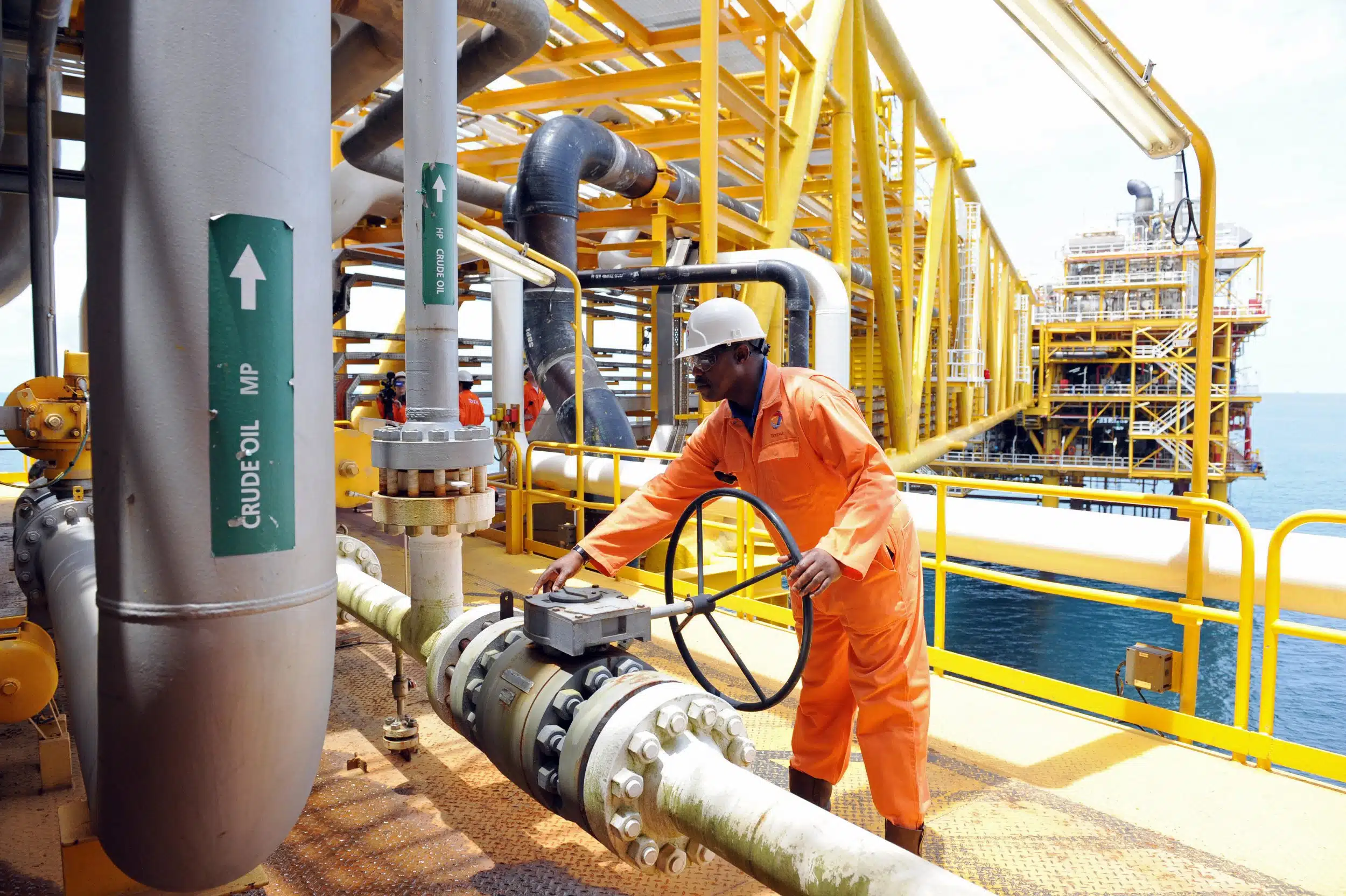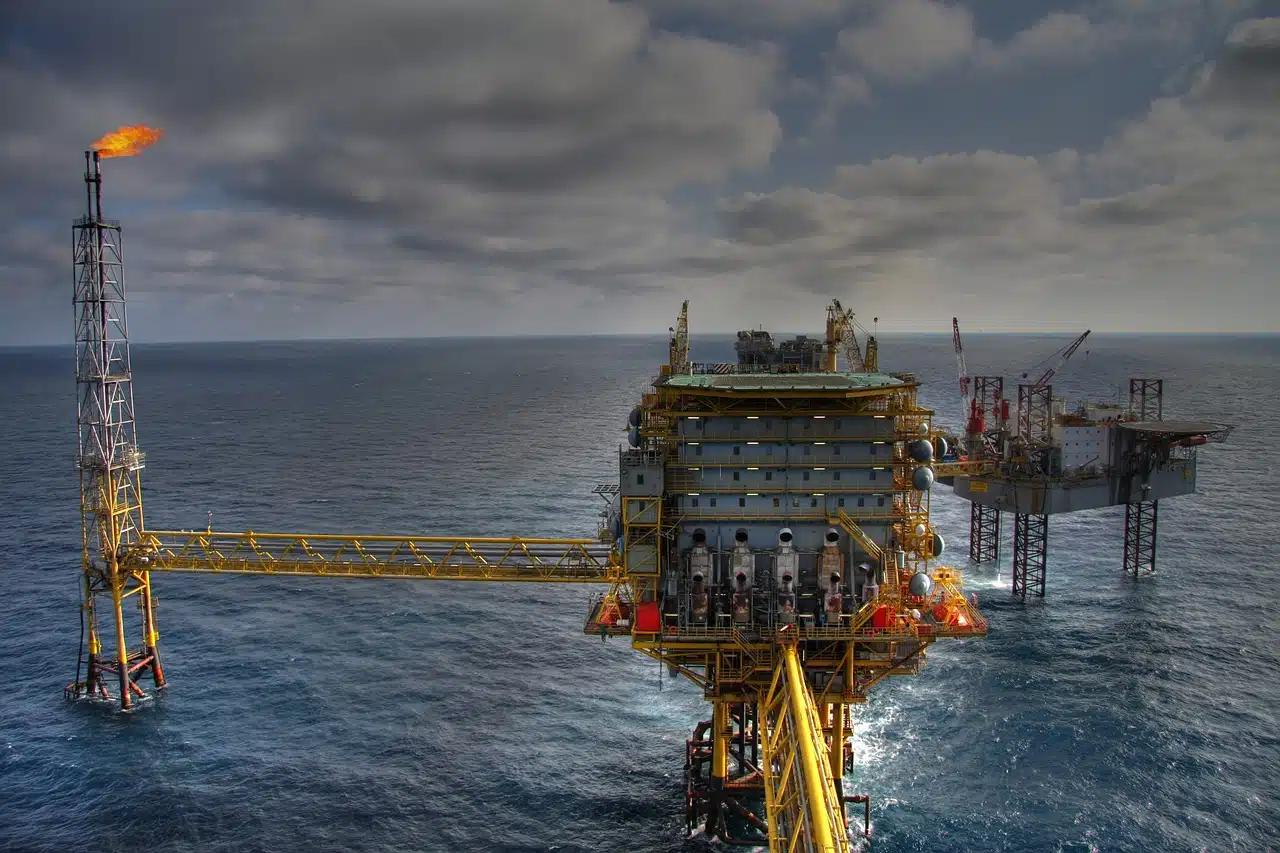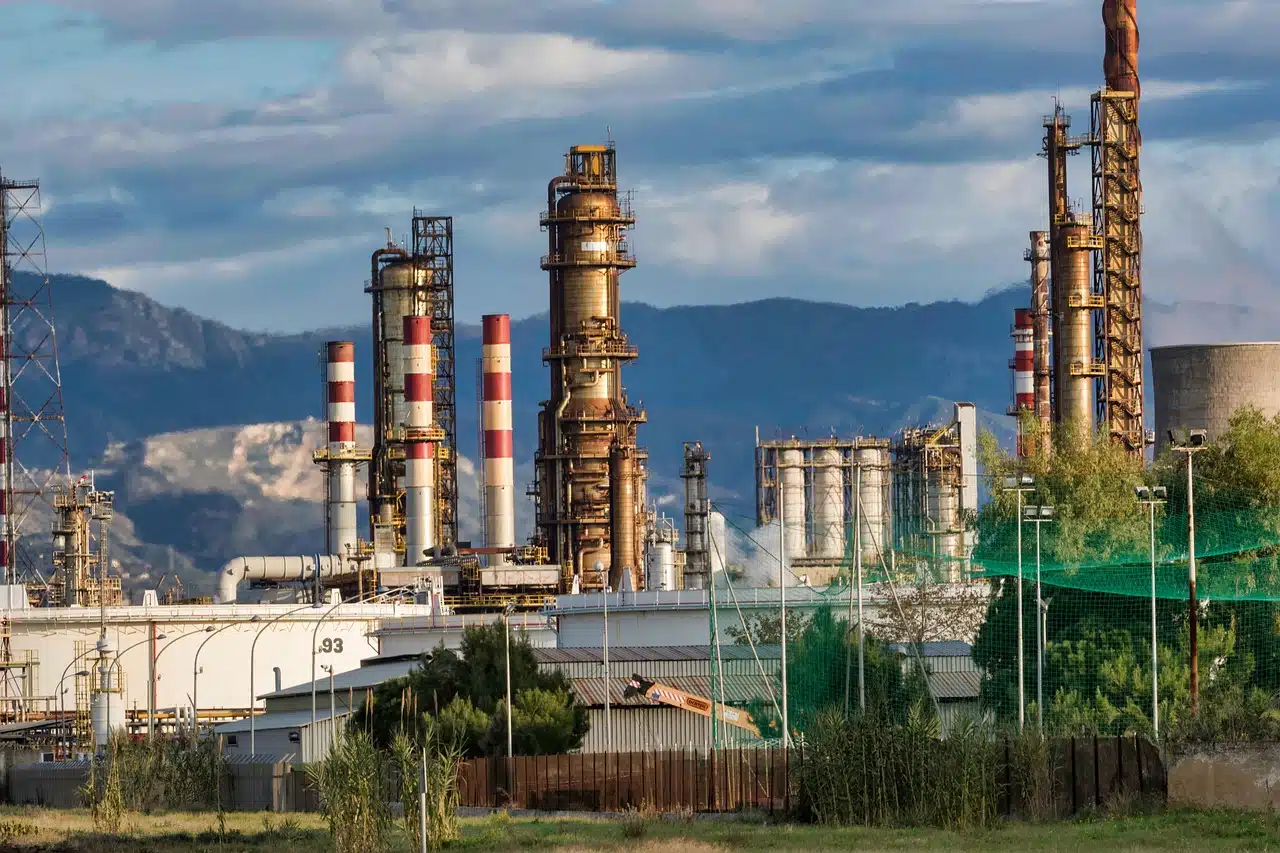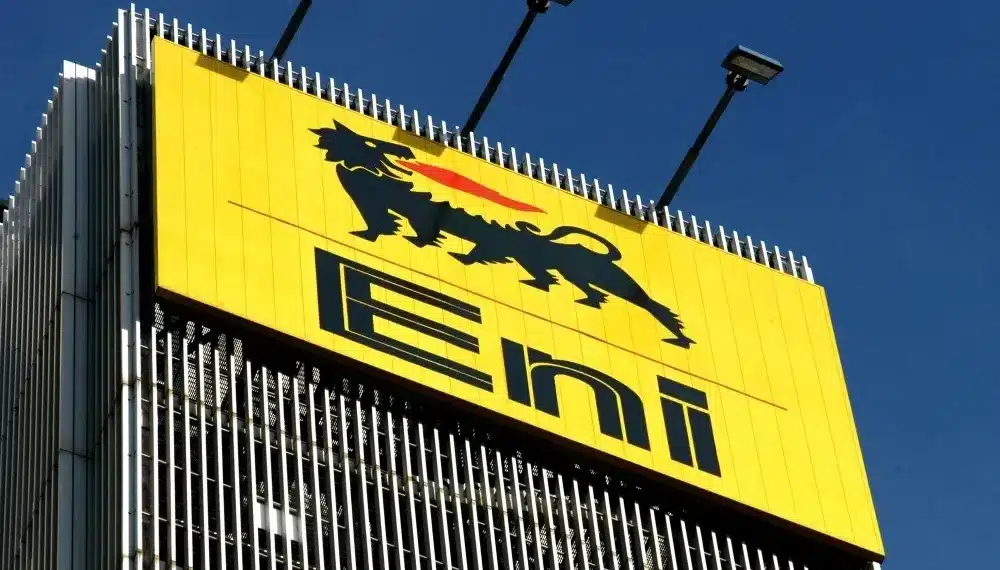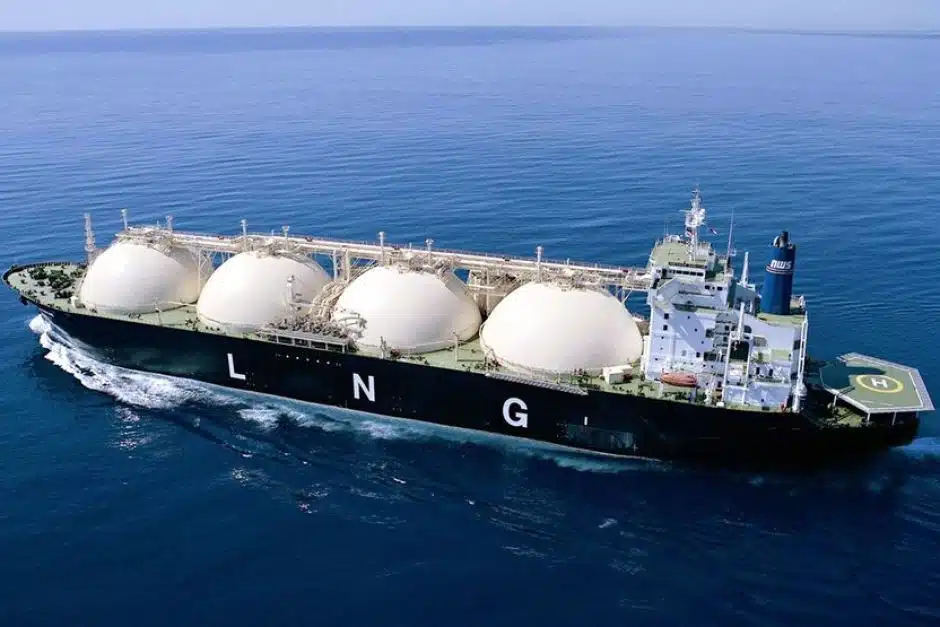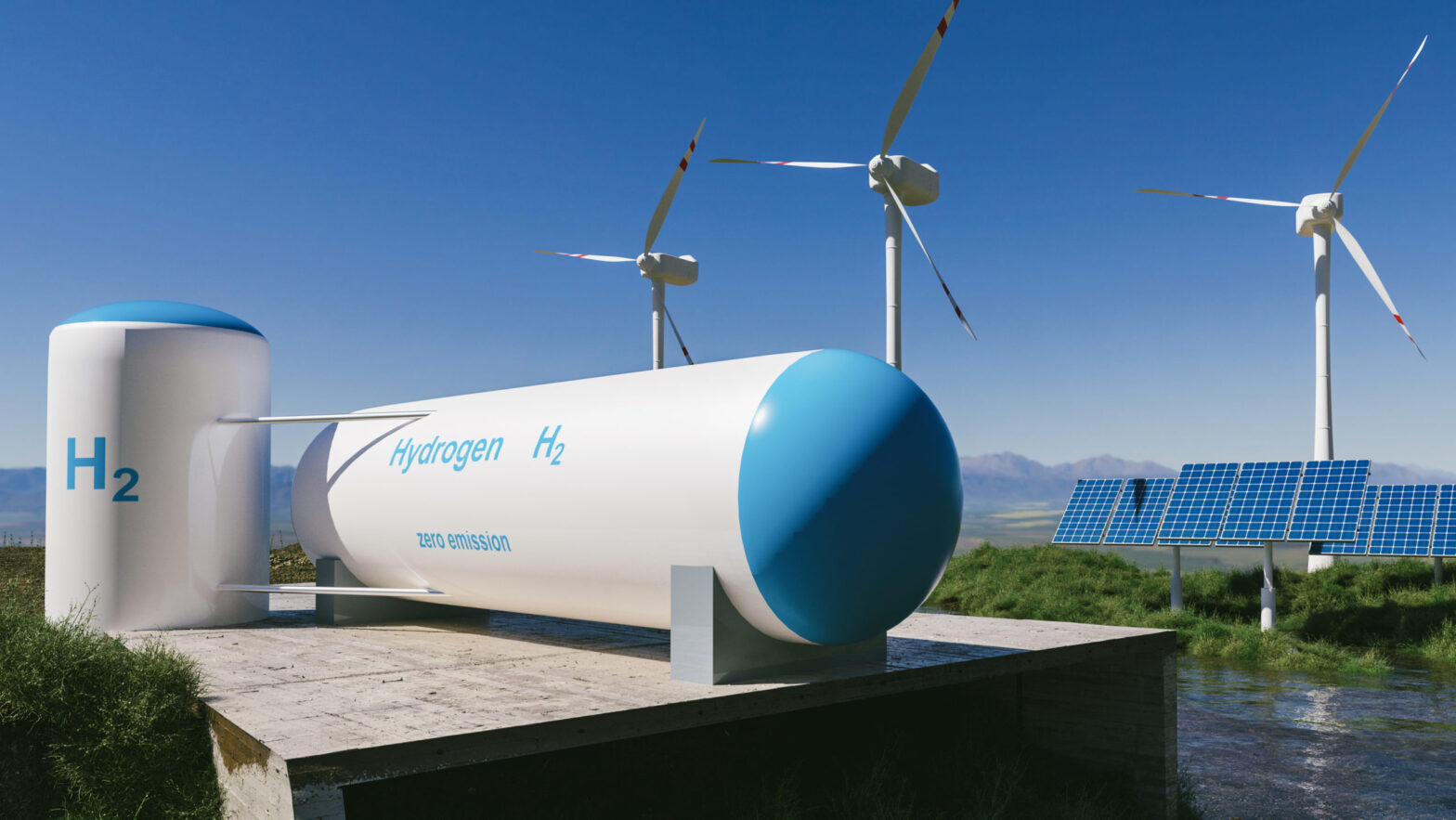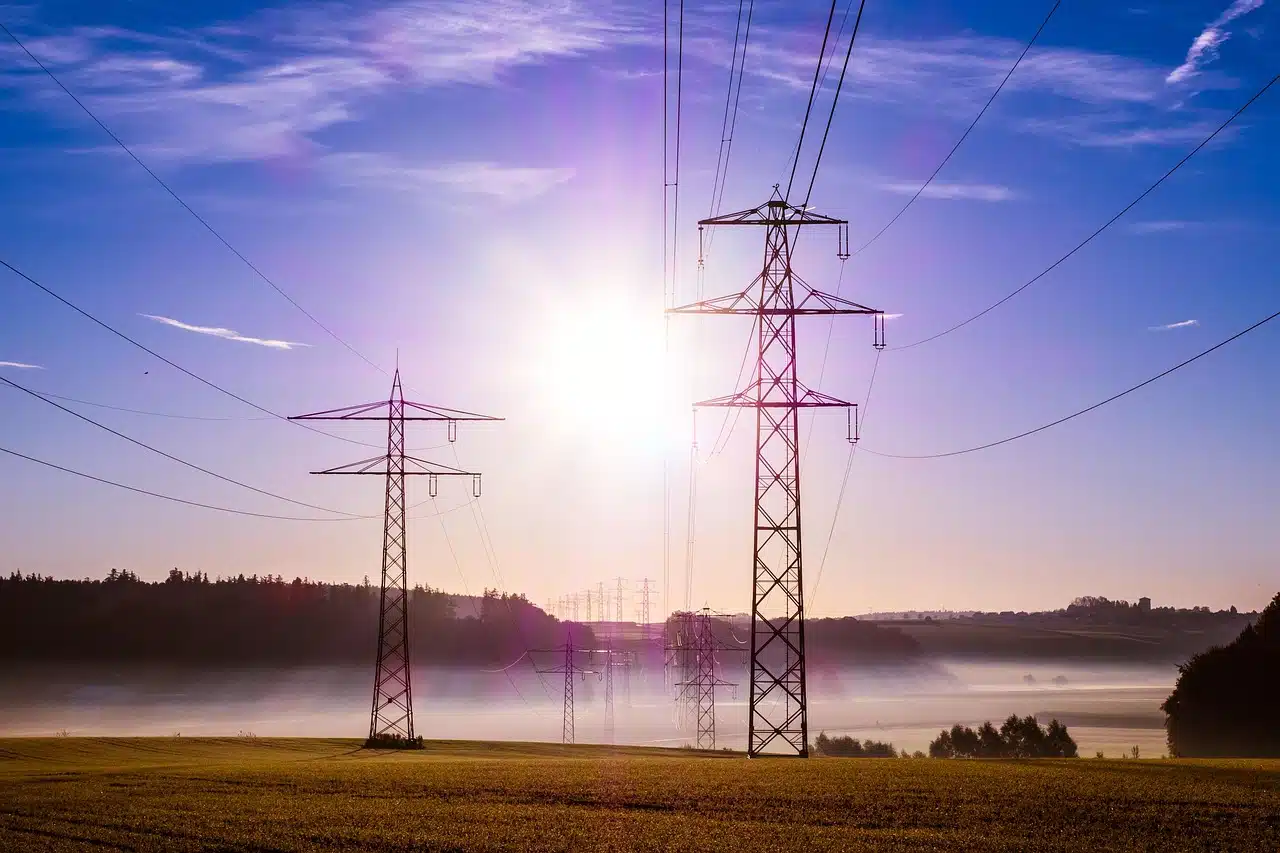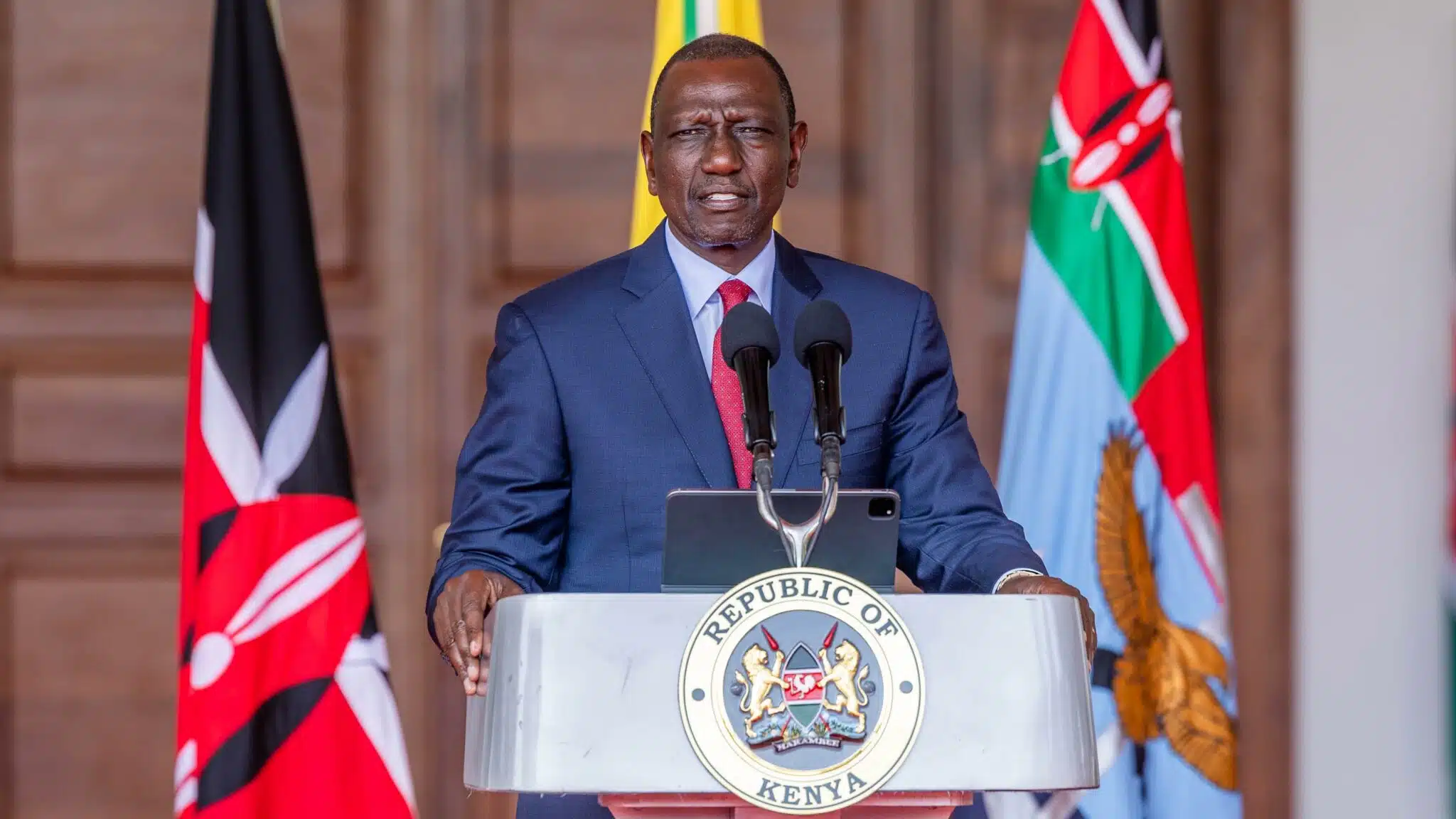Nigeria accounted for three out of the four Final Investment Decisions (FIDs) made in Africa’s oil and gas industry in 2024, with total investments surpassing $5 billion.
This was disclosed by Olu Verheijen, Special Adviser to President Bola Tinubu on Energy, via her official X page on Monday.
Verheijen also shared insights from a recent analysis by Wood Mackenzie to confirm this trend.
The report highlighted 10 African oil-producing nations based on upstream capital expenditure (CAPEX) in 2024.
“In 2024, under the visionary leadership of President Tinubu, Nigeria reclaimed its position as Africa’s leading destination for upstream oil and gas investment.
“Remarkably, the country accounted for three out of the four Final Investment Decisions (FIDs) recorded across the continent, with a combined value exceeding $5 billion. This outstanding achievement is directly tied to the approval of five landmark presidential directives and fiscal incentives introduced during the year,” she said.
What the report says
According to the Mackenzie’s report, Nigeria topped the list with over $5 billion in investments, largely driven by development drilling activities at the Akpo and Egina fields, as well as the massive Bongo FPSO life extension project.
A total of four FIDs, worth $13.5 billion, were recorded across the continent in 2024. Three of these were directed towards Nigeria, while the remaining one went to Angola.
The analysis shows that Nigeria, which received the most investments from national oil companies (NOCs), was followed by Angola, Congo, Uganda, and Côte d’Ivoire. Angola, which received approximately $3 billion from oil majors, ranked second.
Chad and Niger, with less than $1 billion each in upstream CAPEX, were at the bottom of the list. The report also noted several incremental deepwater oil projects in the Lower Congo basin.
Despite continued investments by oil majors in Angola, Nigeria has reclaimed its position as Africa’s leading destination for upstream oil and gas investment, overtaking Angola, which left OPEC earlier this year.
In late 2024, Shell announced a $5 billion FID in North Bonga, one of Nigeria’s key deepwater fields, further cementing the country’s standing as a favourable investment hub.
As Africa’s top oil producer, Nigeria saw significant oil and gas deals in 2024, many linked to five key presidential directives and fiscal incentives introduced throughout the year. These transformative policies are not only reshaping the country’s energy landscape but also laying the groundwork for unprecedented investment levels in 2025 and beyond, reinforcing Nigeria’s role as a major player in Africa’s energy sector.
However, Wood Mackenzie cautioned that global upstream sector spending must increase by 30% to meet the stronger oil and gas demand driven by a delayed energy transition.

